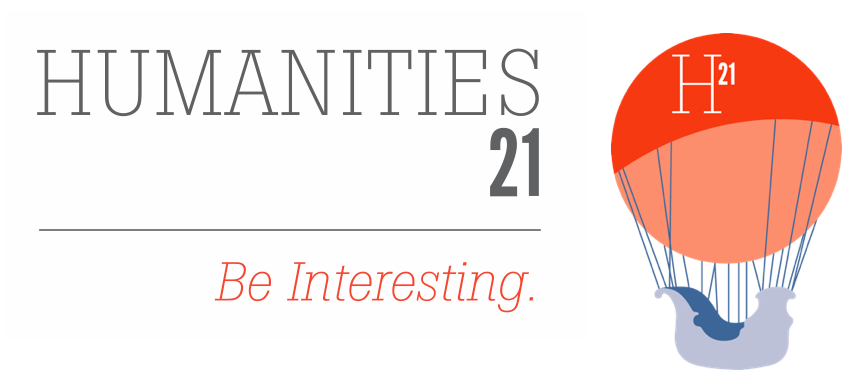Arts@work profile — Joshua Kamener
Joshua Kamener is Assistant Principal at Parkville College, which is a Victorian state school for students in custody. He started his career education through Teach for Australia in 2012. He taught Humanities and German at Fairhills High School for two years before moving to McKinnon Secondary College.
During his six years at McKinnon he became Professional Learning Coordinator and joined the School Improvement Team. He also completed the Bastow Institute Emerging Leaders Course and received a Dean's Honour Award for his Masters of Teaching. He attributes his Arts degree, in particular his Indigenous Studies minor, to much of his personal and professional growth and sees the study of the Humanities as a way to bring the world together.
Watch Joshua’s interview with us below!
Tell us about what your current role means to you.
I’m in education because I get a lot of joy out of seeing young people enjoying their learning, believing in themselves and being hopeful about the future.
A big part of my drive is feeling like I can make a contribution to addressing systemic disadvantage in education. On a more specific level I like solving problems, and working with people to solve problems.
What did you study and what inspired you to pursue this path?
I’ve always done quite generalist studies. I did the International Baccalaureate in high school with a range of subjects; French, History and Theatre Arts as well as Science and Maths. I then did an Arts degree. I majored in German and my minors were Economics and Indigenous Studies.
German was really important to me as I grew up speaking German. My family is German, but I found it really hard initially to reconcile that with my life in Australia; I wanted to be a kid who was like everything else. But my mum pushed through and tried to drill as much German into me as possible.
I’m super lucky to have had that foundation because it meant that I could come back during my undergraduate degree and focus on German. It allowed me to connect with family, connect with myself and my place in the world, but also more practically it landed me my first job. Studying German gave me the benefit of a desirable skill where there was a lack of supply with teachers.
Did any experiences outside of your studies encourage you to value the humanities?
During the first half of my Arts degree I spent three months in Cape York working with the AFL in Inidgenous communities. It made me feel a responsibility to know more about the history of Australia, so I changed some of my subjects in the second half of my degree. I became super engaged in my lectures and work and felt it was connecting to things that I’d seen and experienced. I feel lucky to have studied an Arts degree, as it affords you the opportunity to connect with the things that are around you. This made the learning matter to me.
How have your humanities studies influenced you professionally?
Part of what naturally happens when you study a range of humanities subjects is that you develop an appreciation for different ideas. Professionally I’ve never thought I’ve had all the answers and that’s a huge thing to take into my work; there are people who have different ideas and think through problems differently, and that’s really valuable when I’m either leading them or working with them.
How have your humanities studies shaped you on a personal level?
I think a lot of us are searching for this; it’s given me a stronger sense of who I am, of the world and my place in it.
I’ve learnt a lot about my complicated and quite interesting backgrounds. A big part of that is understanding history; the history of this country, of migration to Australia, of the places where a lot of migrants come from, and the real challenges that have existed in the world for a long period of time but also are continuing to face us today.
What advice would you give to young people who are interested in studying the humanities?
Among students there definitely seems to be an underlying urgency to rush and know exactly where you need to go, and to get there as quickly as you can.
I get there are a lot of real pressures that influence that; but I’ve certainly benefited from having the time, space and enjoyment to learn for the sake of learning, developing transferable skills that I know will be useful in the world regardless of how I choose to apply them in the version of myself that emerges in five or ten years time.
Obviously it’s important to think about strengths, but also think about what you love to do, what gives you joy. Because having a love of learning is a really valuable thing to be taking wherever you go.

